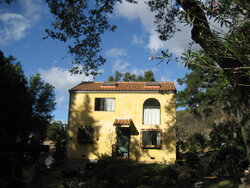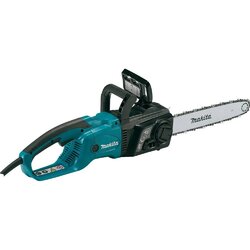i know im not alone..
Wood heat is the most expensive heat once you factor in your time...
little do some know we enjoy that time. Except for 2 years ago when I went hog wild getting 4-5 years ahead only to sell it all and leave two winters worth with the buyers of our home. Good lord those stacks were pretty...
I don't think there's any way that any person with two brain cells to scratch together could ever justify burning wood for heat, from a PURELY financial perspective. There is always some form of work that will pay more, if you're willing to do it. But working for yourself, as processing wood or similar endeavors, provides a higher level of satisfaction than most other forms of work.
If you count the money I spent on stoves and wood processing equipment, and then compared it to the modest amount I'm saving per year by processing my own wood, I'd guess off-the-cuff that I have a 4 year ammortization:
Trailer: $4k
Tractor: $10k (upgrade from smaller model)
Chainsaws: $2k
Splitter: $2k
Two BK stoves: $6k
Repairing / lining two chimneys: $3k
==========
$27k
I burn mostly oak and ash, so assuming ~23 MBTU/cord, and an average of 6 cords per year in my new BK's, and similar efficiencies between my BK's and my old oil burner, I'm saving about 1020 gallons of oil per year. That was $3700 per year, when I bought the stoves, but has dropped now to $1730 per year today. So, I'm going to take more than 7 - 15 to amortize my start-up costs... hardly worth it.
One could argue the tractor, but at least part of the decision to upgrade the tractor was based on moving firewood, and I'd have probably been fine with my old one if not for it. Even with the tractor removed, we're looking at 5 - 10 years amortization.
Meanwhile, with my time, I could be doing contract work (which pays well, in my field). I could pay more attention to my investment portfolio, which would pay more, in the long run. But both of those jobs crush my soul, whereas splitting and burning wood seems to help it. I'm happy to pay the price, to have a stove going in my family room and my den, on any cold winter night.




 . A heat pump in Western WA is the way to go, saved our butt and wallet a lot over the years.
. A heat pump in Western WA is the way to go, saved our butt and wallet a lot over the years.
